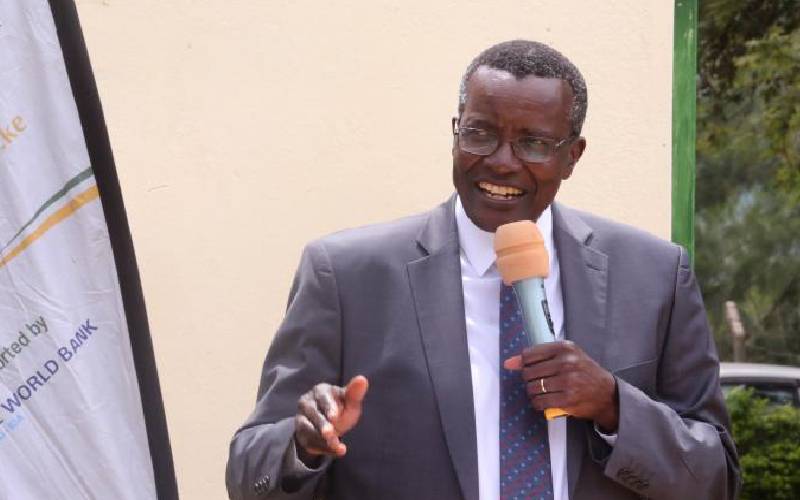×
The Standard e-Paper
Fearless, Trusted News

The Judiciary continues to receive the flak and fury and has been blamed for inertia in the war against graft while being termed the weakest link in the justice chain. But wait, what exactly is the role of the Judiciary in the war against corruption?